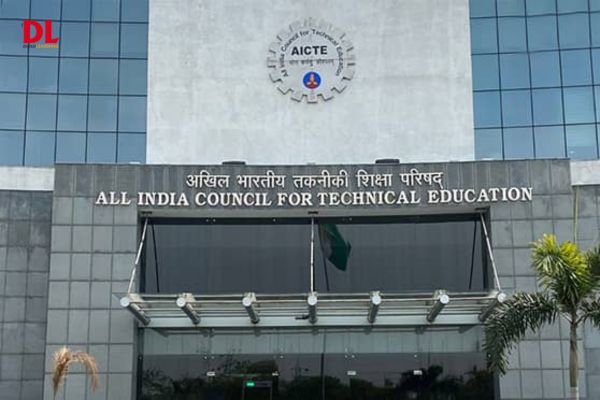
All India Council for Technical Education (AICTE) is preparing to embed artificial intelligence (AI) into all engineering streams by the academic year 2026–27. This initiative marks a shift from AI’s traditional placement within computer science to its inclusion across mechanical, civil, electrical, biotechnology, and interdisciplinary fields. The goal is to create engineers who are both domain specialists and proficient in AI-driven problem-solving.
The move aims to enhance the employability of students by equipping them with the ability to apply AI tools within their respective domains. With industries increasingly demanding AI-literate professionals, students will gain practical skills to tackle challenges in areas such as manufacturing, automation, sustainability, and smart infrastructure.
To ensure a smooth transition, AICTE will launch pilot programs and capacity-building initiatives by 2025. One of the primary objectives is to teach AI within the context of each discipline, ensuring students not only use AI tools but also understand their relevance and limitations in real-world applications.
Ethical use of AI will be a mandatory part of the revised curriculum. With the growing presence of generative AI tools and machine learning models, concerns about student overdependence, loss of critical thinking, and misuse of technology have become more prominent. The updated framework will include topics such as data privacy, algorithmic bias, transparency, and responsible usage, ensuring that students develop both technical and ethical competence.
AICTE also acknowledges the need for a dynamic and adaptable curriculum to keep pace with rapid AI developments. The council is working to ensure that the revised syllabus remains flexible and can accommodate emerging technologies that are currently under research but not yet part of classroom teaching.
Faculty readiness is another key focus. AICTE plans to strengthen faculty capabilities through its Training and Learning (ATAL) Academy. Intensive Faculty Development Programmes (FDPs) on AI and related technologies will be rolled out in a hybrid format, allowing educators from diverse disciplines to gain hands-on experience and align their teaching methods with industry trends.
Also Read: IIT Madras hits major milestone with 104 deep-tech startups in one year
This transformative step by AICTE is expected to reshape technical education in India, preparing students not only for current industry needs but also for future technological disruptions. The comprehensive integration of AI is poised to make Indian graduates more globally competitive and innovation-ready.




















